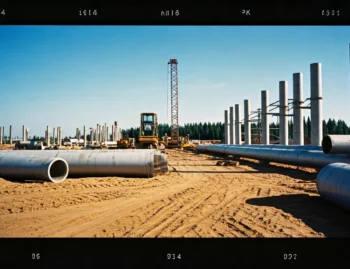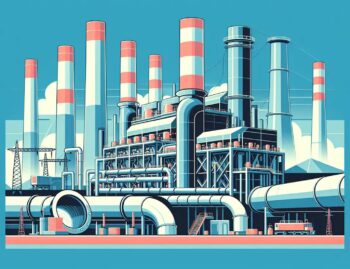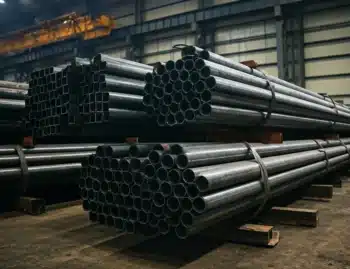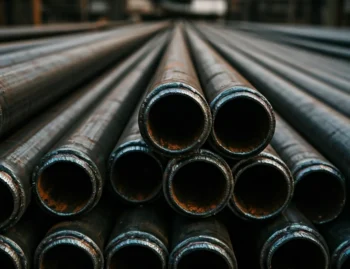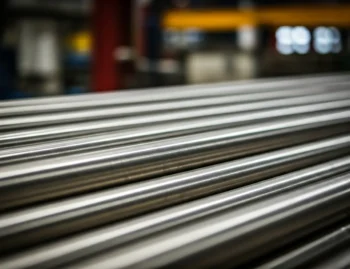The American steel industry has claimed that China is dumping particular types of steel into the U.S. market as part of a ploy. Allegedly, almost $3 billion worth of imported steel. The reason that this is significant is because if China continues to devalue the American steel market by providing more supply artificially, it could force those companies to lose big profits.
Many of them are petitioning to the U.S. government to prevent such dumping, such as the United States Steel Company. But it’s not just American and Chinese companies involved in the scandal. The European Union helped identify the dumped steel in the first place. And India has also seen some negative effects from dumping.
Apparently, their imports went up more than 55% as a result of Chinese steel dumping, leading to decreased profits of about 30% – a significant drop. This has hit India particularly hard, as their organic ore production is nowhere near that of China.
Brazil is also another country being affected by the dumping. They’ve gone so far as to impose a tax on all Chinese steel in retaliation for the dumping. The president spoke to the issue, citing China’s actions as the catalyst in the increasingly bitter relationship between the two huge countries.
And looking to later in 2015, it’s clear that this issue will continue to be hot spot for President Obama. He supported an increase in duties on Chinese carbon and steel after being approached by many domestic steel manufacturers. The reason for this tariff is that the U.S. steel industry has massively slowed down in recent years, and a side-by-side comparison with China’s steel numbers shows that they outproduce the states by about 3:1. It will be interesting to see how the issues escalate between China and its global competitors, especially the United States, in the coming year.
Obviously, steel is a growing industry and will continue to have a major impact on global economics for years to come. For this reason, most of the major governments of the world want to have a controlling stake in the flow of these raw and processed materials that power so much of our modern world. Only time will tell, but it seems that steel dumping by China will serve to heat up relations between China and the U.S. as as well as emerging BRIC countries such as India and Brazil.


